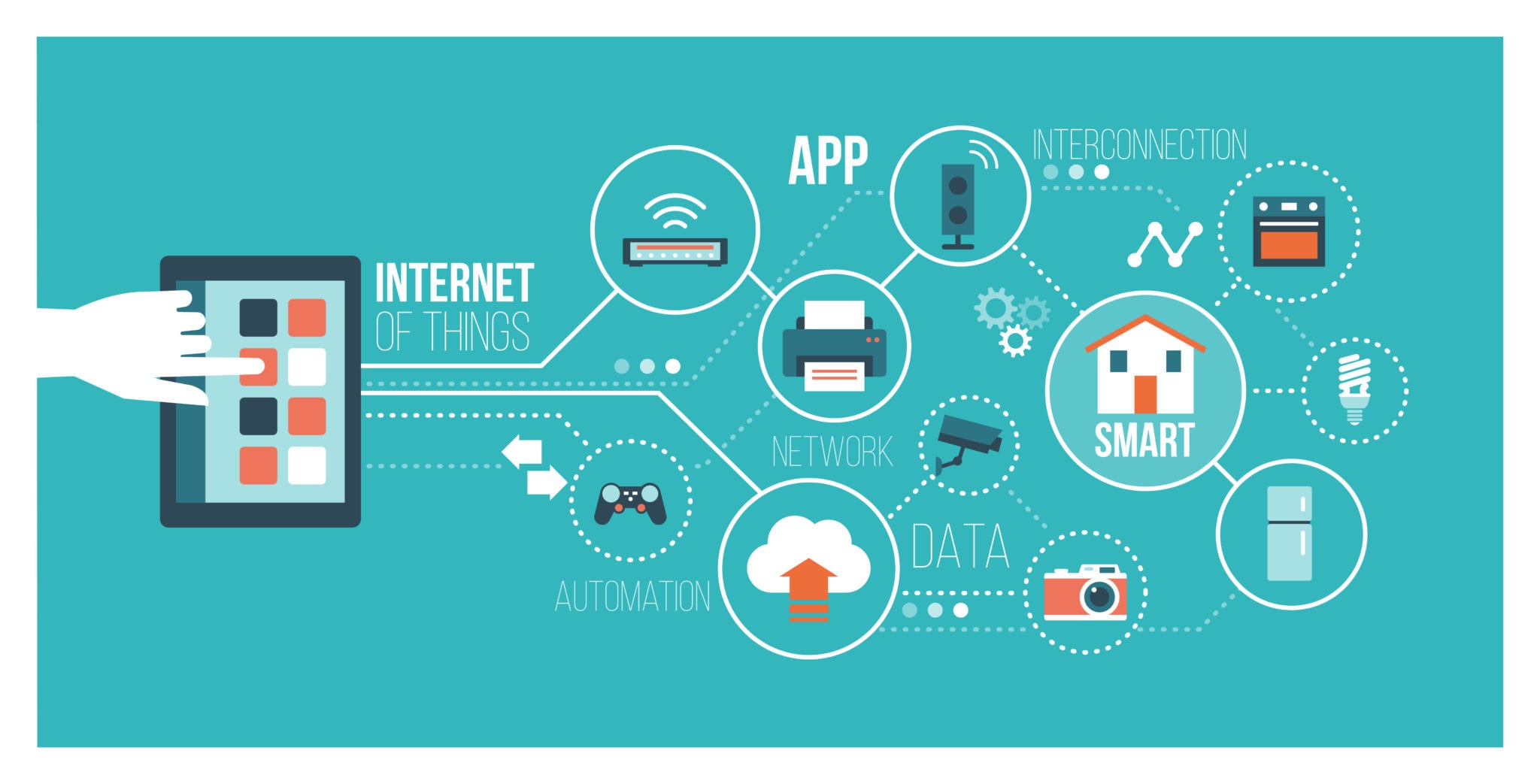IoT in E-commerce
The Internet of Things is an ecosystem of smart devices with access to the web and are able to communicate with each other. IoT has changed online commerce also as eCommerce development services considerably. It’s not only from the side of the consumers but from the inner ones
All of a sudden, the technology world is all about the web of Things, or the IoT. It’s growing so fast and within the near future the daily needs of individuals will depend upon the web more and more. The tech phenomenon isn't merely connecting smartphones and computers anymore. Numerous devices are now
Role of IoT in growth of E-commerce
- Relationships between manufacturers and end consumers:
IoT ensures that
- Automated Management of Inventory:
Ecommerce retailers like having control over
It also reduces human error
Amazon Go(Convenience store company)
- With IoT, automated checkouts are now becoming a reality, like what amazon Go is introducing
- This means the buying process becomes automated, so customers enter , buy, and walk out with the value billed to their smartphones
- Additionally, within the future, predictive systems will know when customers are able to shopping and pack the products ready for them to select up supported their shopping lists.
- Once they send the details of the products, they want to purchase, to the vending machines, all they do is pick up form the drive through and they're good to go
With more number of sensors, microchips, and actuators in place, IoT is expected to have a large impact on e-commerce businesses. As more devices get connected and gain smart features, more data are going to be gathered, and consumer experience are often improved. With the penetration of IoT, this industry will see a growth in revenue, a far better management of inventory, easy tracking of thefts and losses and increase in shopper intelligence. There will be no more intuitive websites, making it possible to customize consumer experience with new and accurate data
Go shopping, go IoT!


/https%3A%2F%2Fspecials-images.forbesimg.com%2Fimageserve%2F1203490568%2F0x0.jpg%3FcropX1%3D0%26cropX2%3D3200%26cropY1%3D321%26cropY2%3D2121)
Comments
Post a Comment